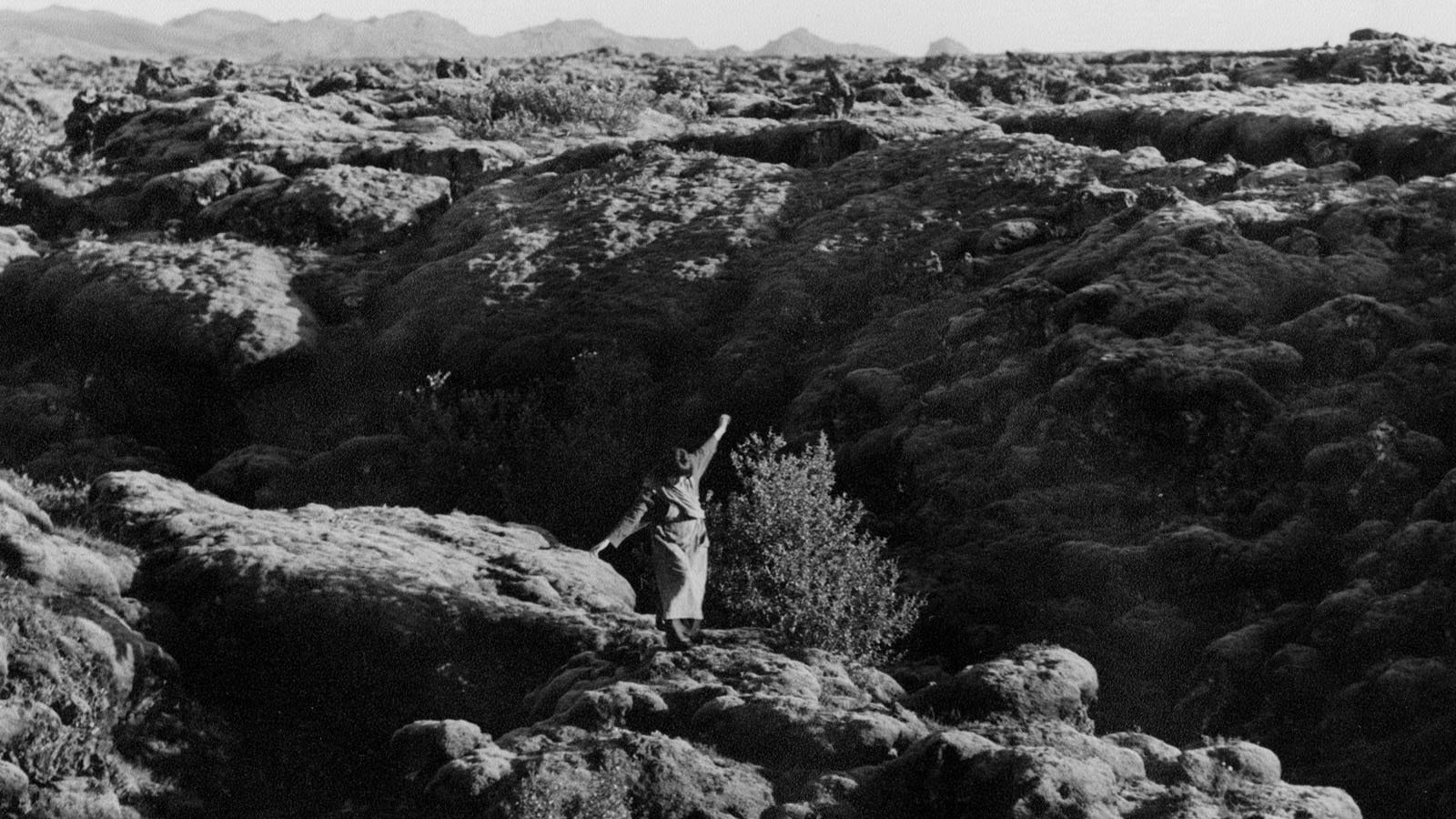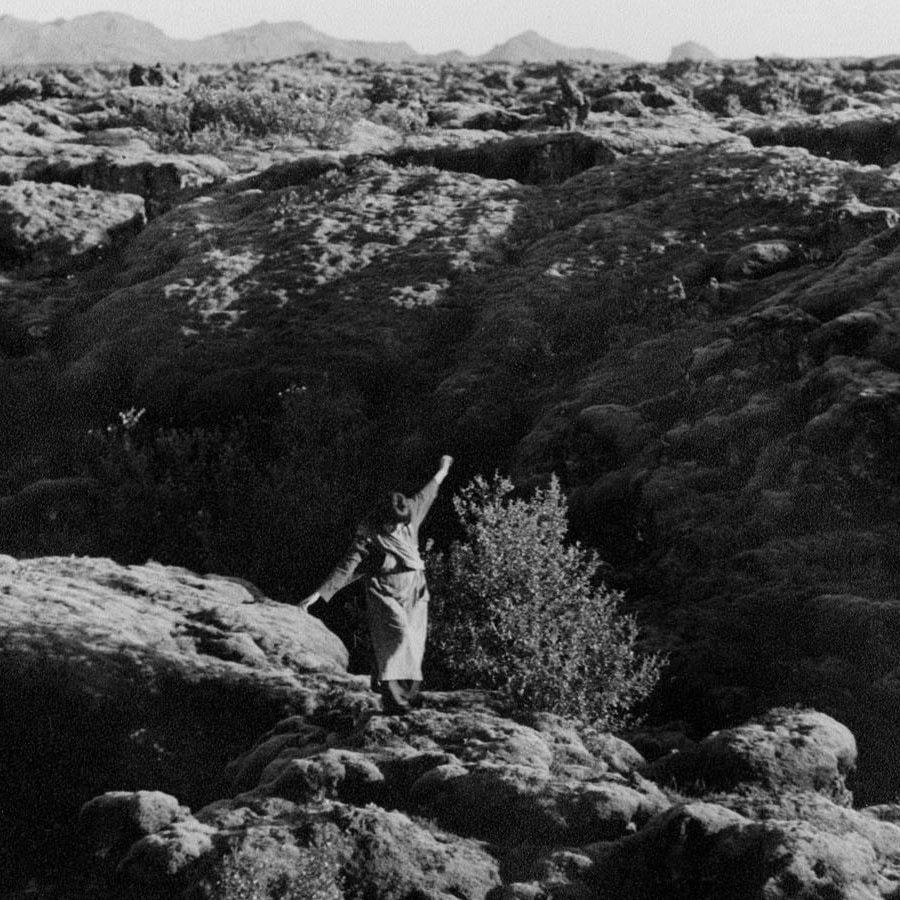Thirty
One of the biggest debuts of 2019, Simona Kostova’s picture was shot in real time and to a live soundtrack spanning jazz and techno. After a birthday party, a group of friends go out in the hip Berlin neighbourhood of Neukölln. As they go around bars and clubs, their lives are falling apart like in a Chekhov play.Thirty follows a group of young Berliners on their 24-hour journey that starts with a birthday celebration and continues deep into the night, taking the protagonists to various locations around the city and becoming, unexpectedly, a turning point in their lives.
A graduate of DFFB—one of the best film schools in Germany—Simona Kostova shot her debut feature over a few days and with a minimal budget and cast her friends in the leading roles. Filmed almost in real time, an intimate story set in one apartment evolves into an epic polyphonic drama about the fragility of human feelings and relationships. Thirty premiered at the 48th International Film Festival Rotterdam and was screened at the 69th Berlinale.
Thirty
Director: Simona Kostova
Germany, 2019. 115 min. 18+
Sheena667
Grigoriy Dobrygin’s feature-length debut as a director is an unpredictable dramedy about Russian “provincial nowhere” encountering with the impersonalized global contemporaneity. Participant of the main competition of the 48th Rotterdam Film Festival and the 30th Kinotavr Film Festival.
Olya (Yulia Peresild) and Vadim (Vladimir Svirsky) live in a small town in the Tver Region and run a tiny car service. Next to their place there lies a dangerous highway labeled “death road” by drivers who regularly fall into the ditch. Wishing to upgrade the quality of their services, the couple decides to go to Europe and buy a tow truck for quick transportation of the crashed cars. However, a sudden incident interferes their plans, when a friend accidentally leaves traces of his private online activity on their computer.
Grigoriy Dobrygin’s feature-length debut as a director, Sheena667 is a smart, tragicomic and at times eccentric film about an unpredictable encounter of the common “Russian nowhere” with the impersonalized global world of today, a story of their mutual attraction, rejection, and bizarre interconnection. The world premiere took place in the main competition of the 48th Rotterdam Film Festival, the Russian one—in the competition of the 30th Kinotavr Film Festival. At Garage, the movie will be presented by its director Grigoriy Dobrygin.
Sheena667
Director Grigoriy Dobrygin
Russia, 2019. 96 min. 18+
Port Authority
A midwestern kid abandoned by his parents arrives in New York, finds refuge in the world of voguers, and falls in love with Wye—the stunning and independent star of the scene. This classic yet contemporary story about love and finding one’s home and identity was produced by Martin Scorsese.
Port Authority, a bus terminal in New York, is a symbolic gate to the city for provincial kids who come here in hope of making it. It is here that Paul, fresh from the Midwest and desperately in need of human connection, is not met by his half-sister and encounters a group of voguers, including the stunning Wye. After Paul makes several unsuccessful attempts to settle in the city, their paths cross again.
Shot in the tradition of New York realism, the directorial debut by Danielle Lessovitz is a portrait of a city of many burgeoning subcultures—a place where people come to find themselves. Focused on the voguing scene that emerged in queer culture in the 1970s and is very trendy today, the picture rethinks our notions of gender, race, sexuality, and class through dance. Port Authoritypremiered at the 72ndCannes Film Festival.
Port Authority
Director: Danielle Lessovitz
USA, France, 2019. 94 min. 18+
Fire Will Come
Having served a prison sentence for a fire he allegedly caused in his native village in the depths of the Galician mountains, arsonist and hermit Amador Coro returns home—to an abandoned and at the same time mysterious world that seems to be hanging on the verge of extinction. Oliver Laxe’s visual masterpiece received the Un Certain Regard award at the 72nd Cannes Film Festival.Middle-aged Amador Coro gets two years in prison for reportedly setting the area around his native village in the Galician mountains on fire which destroyed most of the territory. Having served his sentence, Amador comes back home to his elderly mother, the rural routine, and a few locals who avoid him, thinking that he is a pyromaniac because of his obsession with fire.
Fire Will Come is the third film by Oliver Laxe, one of the most talked-about contemporary directors. Each of his works is a sensual audiovisual experience as well as a hypnotic trip into an untapped reality, be it a Moroccan desert (in Mimosas), or an abandoned world on the brink of destruction hidden in the director’s native Galicia (in Fire Will Come). A poetic, almost tactile cinema, as if made of fire, earth, and rain, the new film by Laxe pictures a universe which is both real and otherworldly, everyday and entirely magical. Fire Will Come was awarded by the Jury of the 72nd Cannes Film Festival in the Un Certain Regard section. Following the Russian premiere presented by Oliver Laxe, the director will discuss it with the audience.
Fire Will Come
Spain, France, Luxembourg, 2019, 90 min. 16+
Director Oliver Laxe
Jessica Forever
In an alternative future the state exterminates orphan boys rejected by society—who have reflexively hardened and learnt to kill in response. Only Jessica shares her love and care with them, which they had never experienced before. A paradoxical dystopia, the film explores the interconnection between masculinity and vulnerability, violence and romance, defection and revolution.
In the world of the nearest future, the government does not recognize boys who were born orphans and do not fit into society. Tracked down using murder drones which try to shoot them, these boys respond even more violently by turning into cold-blooded killers on testosterone and anabolic steroids. Only Jessica—a female soldier—sees innocent and sensitive kids in them who strive for love and harmony. Under her patronage they unite into somewhat a military brotherhood—a utopian community independent from the outside world.
Jessica Forever is a long-awaited feature-length debut by the young French duo Caroline Poggi and Jonathan Vinel who became noted for their shorts, one of which, As Long as Shotguns Remain (2014), won the Golden Bear at the Berlin Film Festival. The directors’ signature style offers the viewer an explosive mixture of genuine romanticism and brutal irony, minimalism and camp, sterile aestheticism and fleshy “low” genres. The future depicted in Jessica Forever combines elements of capitalist techno-contemporaneity and archaic fantasy, while the plot is a story of discovery of identity in a new world where masculinity can be fragile, sexuality is not divided into male and female, and revolutions are conducted by minorities who have always lived on the margins of society. World premiered at the Toronto Film Festival; the picture went on to be screened at the Berlinale.
Jessica Forever
Directors Caroline Poggi, Jonathan Vinel
France, 2018. 97 min. 18+
The Juniper Tree
A classic Icelandic fantasy loosely based on the Grimm Brothers’ fairytales, and Björk’s debut as a film actress.
After Katla and Margit’s mother is stoned and then burnt for practicing witchcraft, the sisters set out on a pilgrimage and meet the recently widowed peasant Jóhann. Having bewitched the man, the elder sister Katla becomes mistress in his house, making Jóhann’s little son Jónas unhappy about it. As Jónas develops a friendly relationship with the younger Margit, Katla is thinking how to get rid of the boy at any cost.
Featuring Icelandic landscapes and tight-lipped characters, as well as the clash of Christian beliefs with paganism, Nietzchka Keene’s The Juniper Tree brings to mind such masterpieces of Nordic cinema as Ingmar Bergman’s The Virgin Spring or Victor Sjöström’s The Outlaw and His Wife, which is rather surprising bearing in mind that it is shot by an American. Trained in linguistics and the Old Icelandic language before turning to cinema, Keene always felt a certain affiliation with traditional Scandinavian culture. The Juniper Tree was a success at the time of its release, predicting a great future to the director—which was not to be realized, as Keene died at the age of 52 from cancer, having made only two more pictures.
The Juniper Tree
Director: Nietzchka Keene
Iceland, 1990. 78 min. 16+
Asako I & II
A coming of age and a love story about Asako who is torn between two guys who seem to be very similar, yet so different.
Asako meets Baku, a careless and spontaneous guy, one of those who young girls often dream about. With their friendship having grown into a passionate love affair, one day Baku goes shopping and never comes back. Two years later, Asako meets Ryohei—the complete opposite of Baku, who nevertheless resembles him as an exact replica.
A paradigmatic example of a romantic story being mixed with a serious and honest coming of age drama, this is a genuinely Japanese film which also references a lot of “new wave” cinema. Ryusuke Hamaguchi’s picture, where both male protagonists are played by Masahiro Higashide) brings to mind both the Hitchcock classic Vertigo and Jane Austen’s novels, in which female characters had to confront the fact that the first impression is often wrong, and that passion does not necessarily signify a profound feeling of love. Asako I & II is an extraordinary and sublime picture. It even features a wonderful cat in its cast.
Asako I & II
Director: Ryusuke Hamaguchi
France, Japan, 2018. 119 min. 16+
Supported by the Japan Foundation









